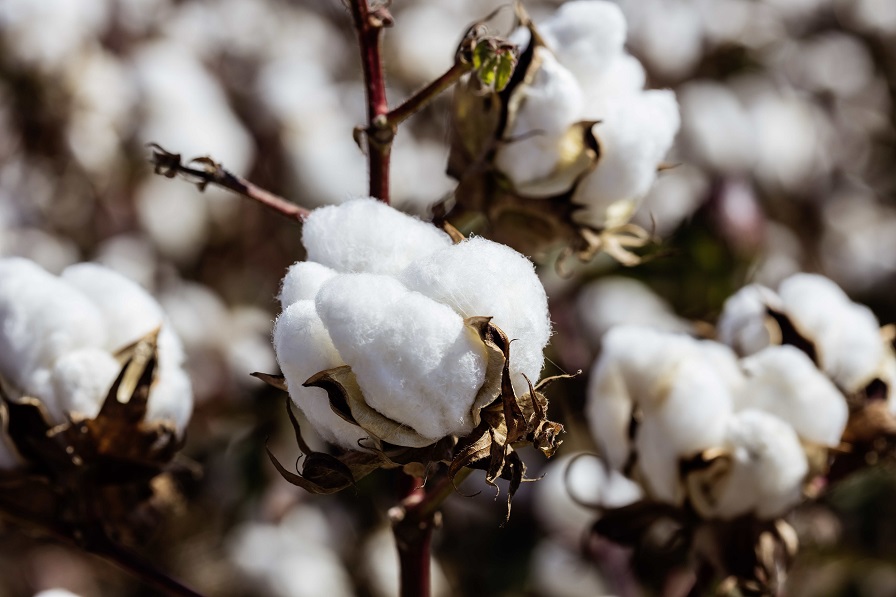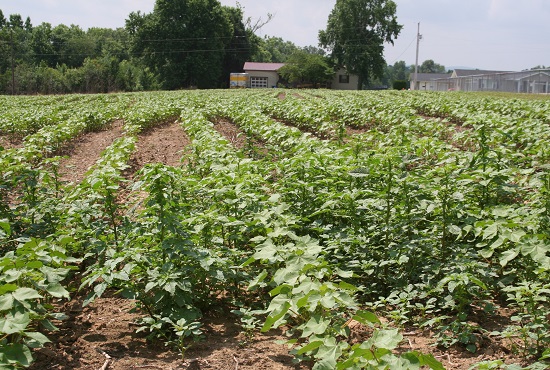The Little Company That Could

As CEO and General Manager of All-Tex Seed, Cody Poage realizes that he and his company are the last of a breed. When All-Tex began in 1974, they were one of many West Texas seed companies who offered delinting services as an integral part of their business.
But with the advent and widespread adoption of Bt cotton in the 1990s, many of Poage’s peers in the seed industry began to disappear. From a business perspective, he knew the only way to survive was to evolve. The result was an ambitious seed development program and a different approach to dealing with cotton growers. Poage set out to prove his dedication to his customers.
“We think we have the best customer service. With the bigger companies, farmers might have to go through a lot of red tape. If they want to call me, all they’ve got to do is call my office, or call my cell phone. I’m the owner of this company and I’ll talk to anybody that calls. I might be the only CEO of a seed company that can say that,” says Poage.
His office in Levelland, TX, certainly reflects his claim that he’s accessible to his customers. Poage meets with farmers in his cozy office behind a sizable customer service center. The family dog, a Red Heeler, patrols the hallways.
But it took more than down-to-earth customer service for All-Tex to establish its respectable market share in the Cotton Belt. From a tiny office in Levelland, and with only a handful of dedicated employees, All-Tex claims nearly 3% of total U.S. market share, and nearly 5% of the massive Southwest market. To achieve those numbers, the company relies on an aggressive breeding program.
All-Tex boasts test plots across Texas and into the Mid-South and Southeast regions, as well as year-round nurseries in Costa Rica. The goals of the breeding program are ambitious, but attainable, according to Poage.
“We think we can go toe-to-toe with anything else on the market. The varieties we’ve been working on the last five years, you’ll start seeing them fight it out in these test trials and win a lot of them. We feel the varieties we have coming are going to out-yield and out-grade what they have,” says Poage.
Several All-Tex varieties are already doing more than holding their own in field trials and on working farms. A 2010 release, Epic RF won several dryland variety trials and the mid-season Roundup Flex-only variety also showed out on farms across the Southwest in 2010.
“We have some way up in Dumas, TX, and it’s going to average a little over three bales an acre on dryland. Of course, they had it planted right and got good rain, but it’s done very well,” says Poage.
Other workhorses for All-Tex include Apex B2RF and Patriot Plus RF, and the company plans to commercially introduce as many as three varieties in the coming year. And All-Tex still provides impressive conventional varieties.
The success of the company’s breeding program is a sign of changing times for All-Tex. The focus has shifted from being a small company simply trying to stay afloat, to being a successful player in the national market.
“We put a lot of our focus on our research the last five years, and we’re starting to see the fruits of that coming off,” says Poage.








